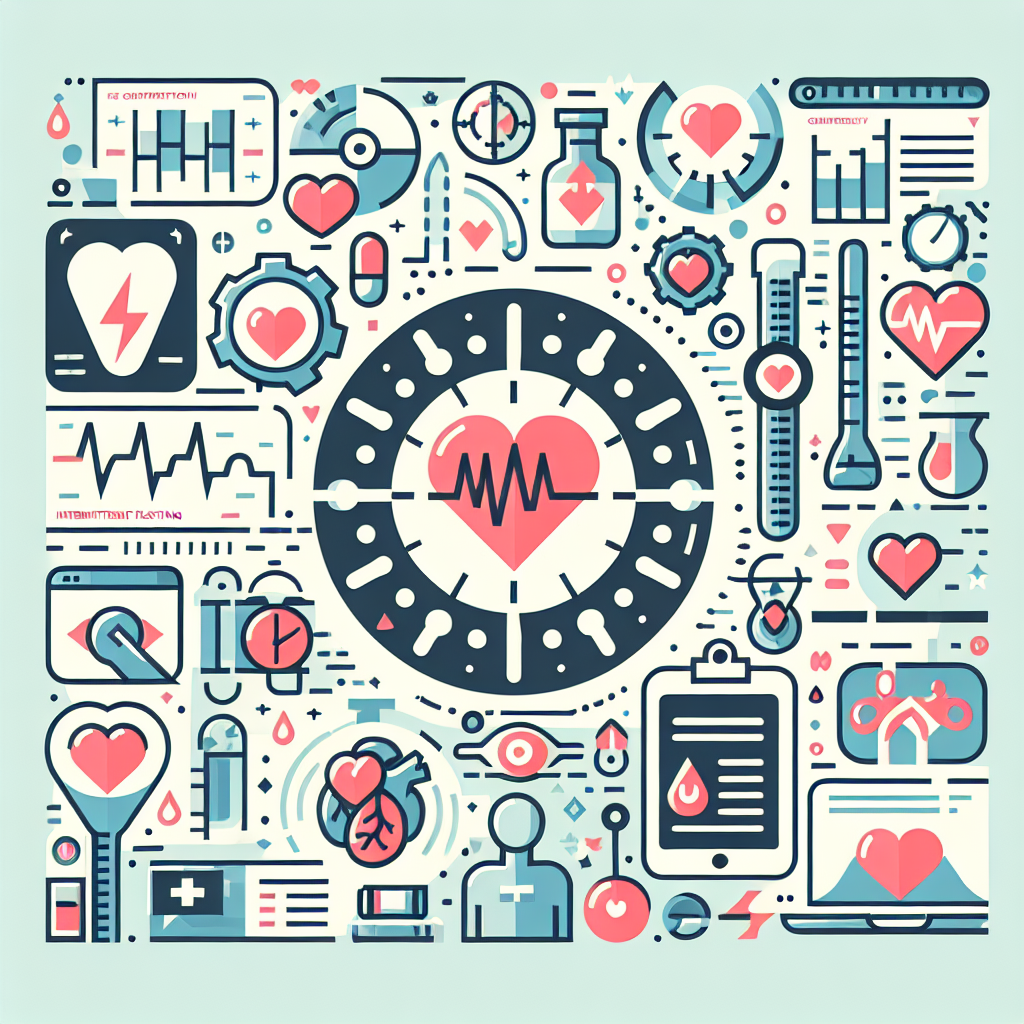Many readers worry about headlines linking intermittent fasting to heart events, and questions like intermittent fasting heart attacks pop up in searches. The truth is nuanced: short-term patterns, such as fasting 18 hours a day, can shift metabolism and blood markers, but outright claims that can fasting cause heart attack are rare and usually tied to pre-existing conditions or unsafe practices. This article reviews what studies show about effects of fasting on the heart, practical risks of intermittent regimes, and signs to stop or adjust your plan.
Intermittent fasting heart risk: what the data shows
Research on fasting for heart health suggests potential benefits and some cautions. Several intermittent fasting studies report improvements in cholesterol, triglycerides and insulin sensitivity, which are favorable for heart disease intermittent fasting outcomes. On the other hand, intermittent fasting cardiovascular risk can increase if people fast hard, become dehydrated, or combine extreme calorie restriction with stimulants. If you wonder does intermittent fasting lower blood pressure, small studies indicate modest reductions in blood pressure for some people, but results vary and long-term trials are still limited.
Specific protocols matter. An 18 hour intermittent fasting schedule — often called 18:6 — is popular because 18 hour fast benefits may include improved fat metabolism and appetite control. People who are curious if it is okay to fast for 18 hours should evaluate energy, sleep, and fasting symptoms like dizziness or fatigue. Fasting 18 hours a day can be safe for many adults, but it can trigger fasting sickness or worsening symptoms in others, so monitoring is important.
Common questions include can intermittent fasting cause weight gain? Some experience rebound overeating or muscle loss when they break fasts with high-calorie meals; poor implementation can lead to unexpected weight changes. Similarly, does fasting damage organs is a concern mostly in extreme prolonged fasts or in people with underlying disease. Most short-term intermittent patterns have not been shown to damage organs in healthy adults when done sensibly.
Concerns about can fasting cause heart attack or cause heart disease often come from case reports where people had existing cardiovascular disease, took medications that altered electrolytes, or used multiple stressors together. For many, intermittent fasting and heart health go hand-in-hand: fasting for heart health may lower risk factors, yet is not a standalone guarantee. An intermittent fasting study may show benefit in biomarkers but cannot fully eliminate individual risk, especially in those with arrhythmias or unstable cardiac conditions.
Practical risks and signs intermittent fasting is not working
Intermittent fasting disadvantages include hunger, mood swings, intermittent fasting blood pressure fluctuations, and potential nutrient gaps. Watch for fasting symptoms such as lightheadedness, palpitations, tremors, or fainting — these are signs intermittent fasting is not working and you should stop and seek medical advice. If you have heart disease, are taking blood pressure or diabetes medications, or have a history of eating disorders, ask a clinician before starting. Is fasting bad for your heart depends on your baseline health and how you fast.
Why intermittent fasting is bad in some cases: extreme caloric restriction can increase stress hormones, hurt sleep, and worsen lipid profiles in certain contexts. In contrast, intermittent fasting and heart health often improve when fasting is combined with balanced nutrition, hydration, and regular activity. If you experience worsening palpitations or symptoms of fasting sickness, pause the regimen and consult a doctor.
For people considering longer fasts, read guidance on safety and refeeding — doing a multiday fast incorrectly raises more risks than typical time-restricted eating. For a detailed guide on how to approach longer fasts safely, see this 96-hour fast: what to expect and how to do it safely.
If you want vetted public-health information, the National Institute of Diabetes and Digestive and Kidney Diseases provides a helpful overview of intermittent fasting approaches and potential impacts on weight and metabolic health: NIDDK guidance on intermittent fasting.
- Takeaways: Intermittent fasting can improve some cardiovascular risk factors but is not risk-free.
- Takeaways: Short patterns like fasting 18 hours a day may offer benefits, yet watch for fasting symptoms and signs of dehydration or low blood sugar.
- Takeaways: People with heart disease, on certain medications, or with a history of disordered eating should consult a clinician before starting.
Q: Can intermittent fasting cause heart attacks?
A: For most healthy adults, standard time-restricted eating has not been clearly linked to causing heart attacks. However, unsafe practices (extreme fasting, dehydration, medication changes) or pre-existing heart conditions can increase risk, so individual assessment matters.
Q: Is it okay to fast for 18 hours every day?
A: Many people tolerate fasting 18 hours intermittently and report benefits like appetite control and some metabolic improvements. Still, if you experience persistent fasting sickness, palpitations, marked blood pressure changes, or weight gain due to overeating, reconsider the approach and consult a healthcare professional.
Q: What are the main risks of intermittent fasting?
A: Risks include nutrient shortfalls, low blood sugar, dehydration, mood changes, and possible interference with medications. Monitor your symptoms closely; if you notice signs intermittent fasting is not working—dizziness, fainting, or severe heart-related symptoms—stop fasting and seek care.






